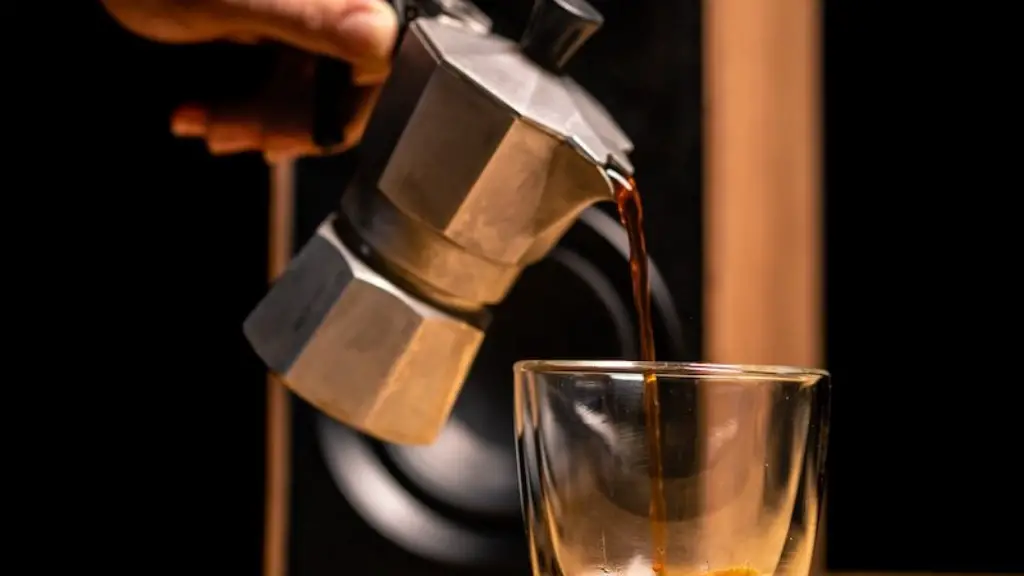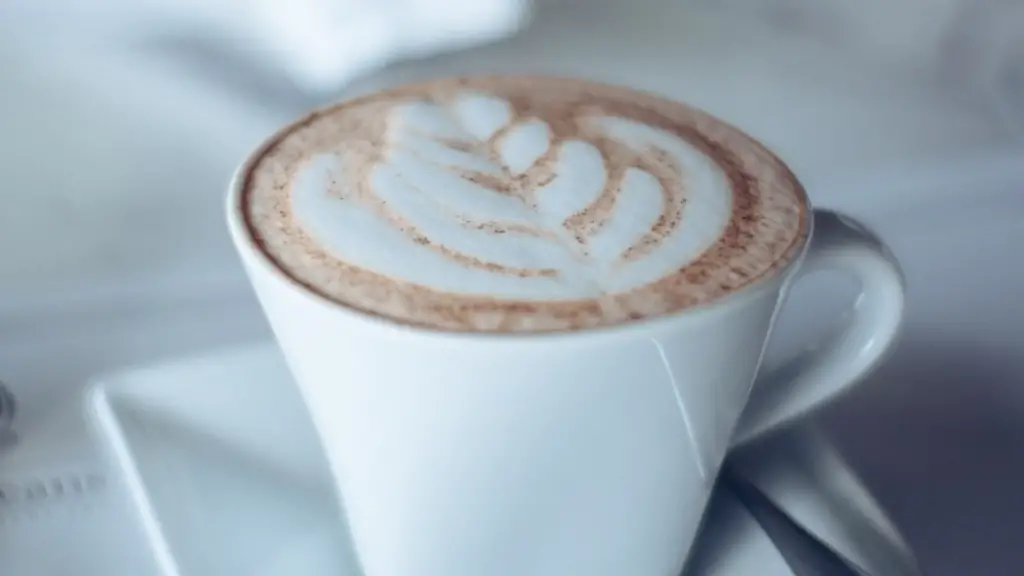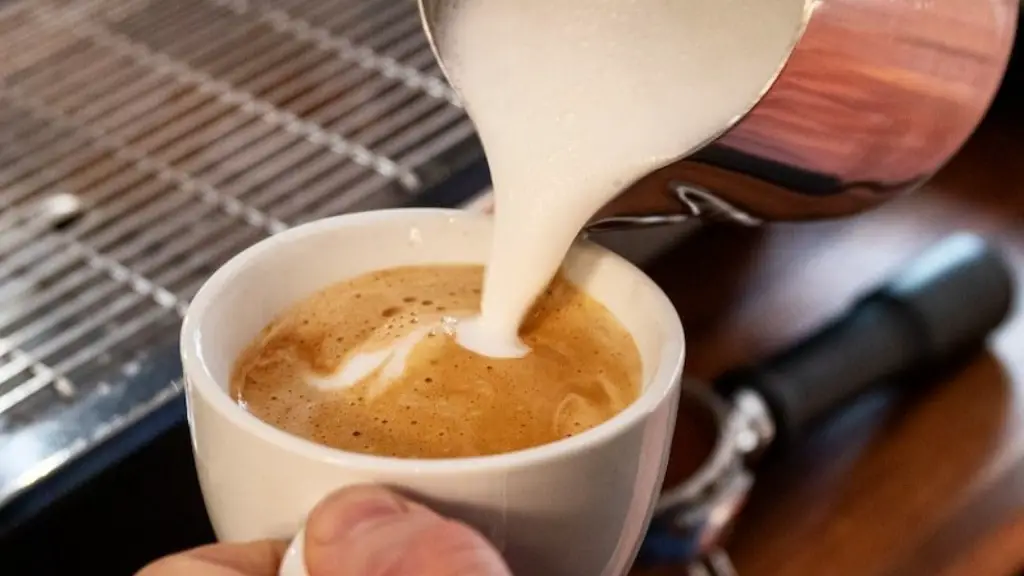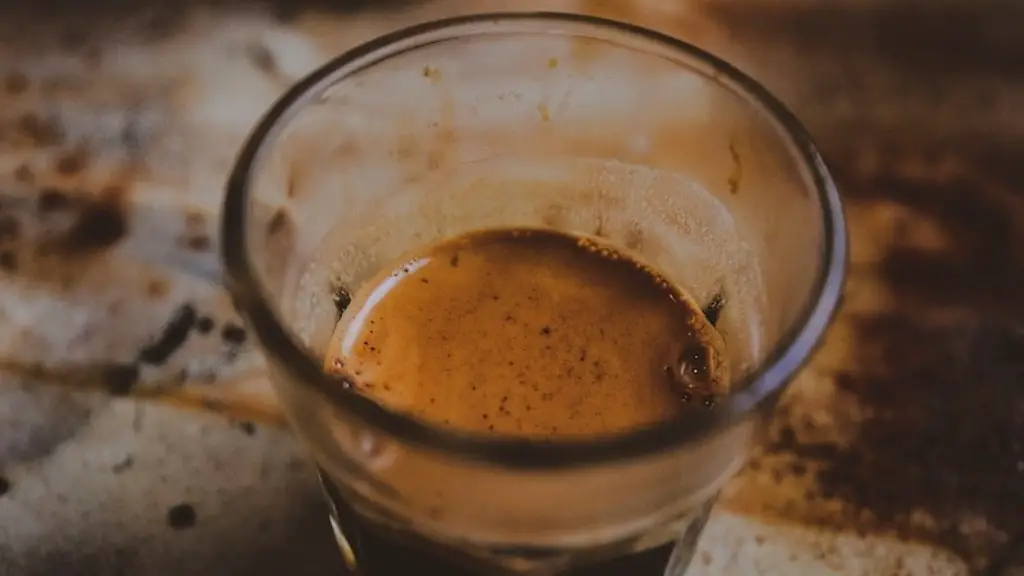Coffee has become a staple in many people’s morning routine. For some, it’s a way to get the ball rolling for the day, for others it is simply something to look forward to. So, with so many coffee lovers out there, it is common to wonder if it is safe to drink coffee soon after eating a meal. Though nothing is completely one-sided when it comes to diet related questions, there are certain facts that may help you make an informed decision.
Different Opinions
The question of how soon one can drink coffee after eating has generated quite a few debates. For some people, having a cup of coffee right after their meal has proven to be beneficial. They suggest that the caffeine content of coffee helps in digestion, and helps break down proteins found in food. This in return, allows your body to place fewer demands on your liver and kidneys, reducing any fatigue or discomfort.
Then there are those who claim that drinking coffee immediately after a meal can upset your stomach and intestines. They suggest that because coffee is acidic, it can easily interfere with your digestive juices and make it difficult for your body to absorb vital nutrients from the food.
Does the Type of Coffee Matter?
Coffee enthusiasts often defend their beloved beverage by saying that an espresso coffee can be consumed soon after your meal. While espressos have higher caffeine content than regular coffee, the same cannot be said about acidity levels. Depending on the type of beans used, and the roasting process, espresso coffee can usually have the same amount of acidity as regular coffee.
It is also important to keep in mind the other ingredients that are often added to coffee, such as sugar and cream. Consuming coffee with other ingredients soon after a meal can easily upset your stomach, especially when dealing with a sensitive digestive system.
The Practical Advice
In terms of practical advice, nutritionists suggest that having a hot cup of coffee during or after your meal can be beneficial, though it is important to wait until your meal is complete. Drinking coffee between bites will impact your food consumption, since you’re less likely to fully taste and savor it. It may be helpful to have a few sips of water in between bites and wait until the meal is complete before you enjoy your cup of coffee.
Nutritionists also recommend waiting one to two hours before having coffee as it will give your stomach and digestive system time to process the food before coffee can enter the equation. Waiting for about an hour is a good general rule for both espresso and regular coffee.
Cutting Down on Your Caffeine Intake
Let’s not forget that coffee contains quite a bit of caffeine, and—just like anything else—too much of it can be detrimental to your health. Drinking multiple cups of coffee throughout the day can often result in headaches, nausea, and can even cause problems such as poor sleeping habits or disruption of your heart rate.
By taking into consideration the type of coffee, and how much you consume during the day, you can greatly reduce the chance of any health related issues. If you’re still feeling unsure, then it would be advised to consult your physician.
Additional Contributing Factors
Certain factors can play a role in the consumption of coffee after your meal. Depending on the type of food you consume, it would be wise to take into consideration the amount of caffeine you need to effectively digest it. Foods such as fried proteins and fats require an extra boost of digestive power, and a cup of coffee might just do the trick.
On the flip side, if you’re looking to keep your calorie intake low and tight, consuming coffee without food will miss out on the boost it could give your metabolism. If that’s the case, you may want to wait until your meal is complete before toppling the last piece of pastry off your plate.
Does the Temperature of Coffee Affect Anything?
One of the few incontestable facts is that the temperature of your coffee is important. Hot temperatures can damage your oesophagus or cause indigestion, so make sure to give it a moment before gulping it all down. On the other hand, no one wants to drink a cold cup of coffee, especially after a meal.
Although some might choose to drink their coffee cold, nutritionists suggest that it’s best to wait for it to cool down for about 15 minutes before taking a sip. This will provide the perfect warmth for deliciousness, and your body will not be subjected to intense heat.
Can Coffee Interfere with Absorbing Vitamins?
It may come as a surprise to many, but there is scientific evidence that suggests that coffee can interfere with the absorption of certain vitamins and minerals from food such as iron and B vitamins. Nutritionists suggest that if you are a regular coffee drinker, you should make sure you get enough iron and B vitamins from other sources. Fortunately, this interference can be easily resolved by taking multivitamins.
Are There Benefits to Drinking Coffee Soon After a Meal?
This depends on a few factors. Generally speaking, drinking coffee at the end of your meal allows you to the caffeine to stimulate your digestion, and make you feel satisfied after having the meal. In some cases, the combination of coffee and food can be beneficial as long as you take into consideration the ingredients of the food and monitor your overall caffeine intake.
Is There Anything You Should Watch out For?
Yes, as mentioned above. It is important to pay close attention to the type of coffee beans used and the added ingredients, such as cream and sugar. In addition, make sure you consume coffee at the right temperature. The temperature of your beverage of choice can make all the difference in the world if you want to avoid uncomfortable after-meal symptoms.
What Can We Conclude?
In conclusion, drinking coffee soon after eating can be beneficial, as long as you take into consideration the type of coffee, added ingredients, and overall caffeine consumption. Too much caffeine can have adverse effects on your health, so it’s best to wait one to two hours before having another cup of coffee. If you’re still unsure, it may be best to check with your doctor and make sure that it’s safe for you.




